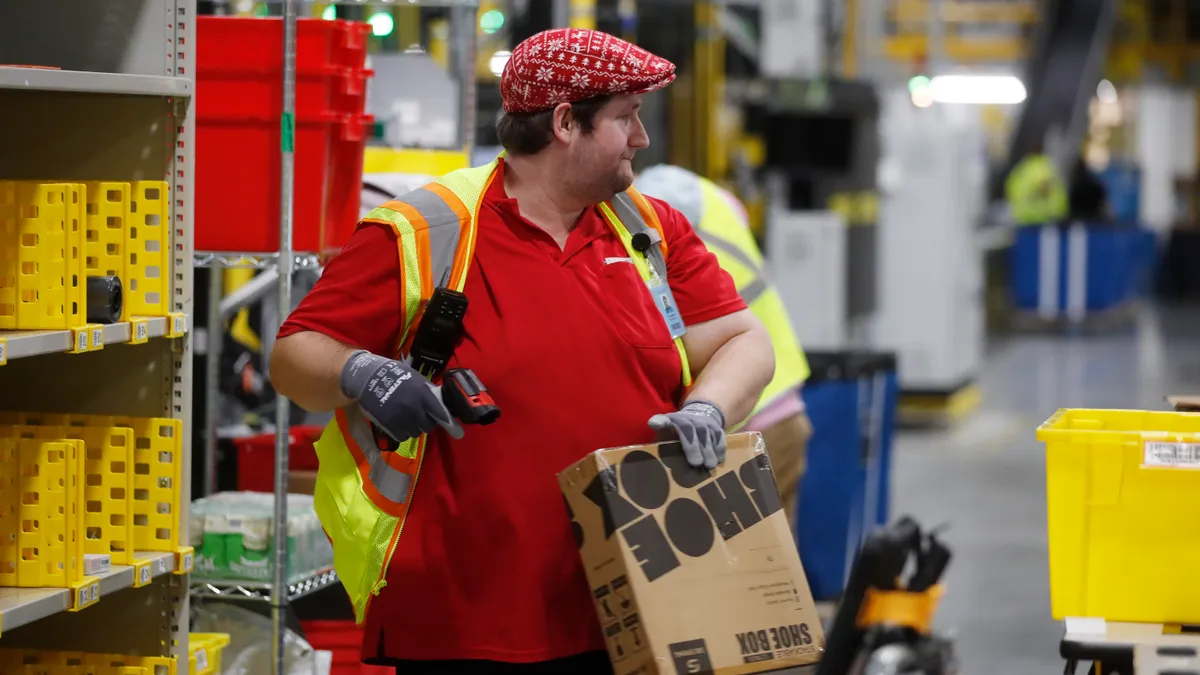About 61% of workers report they’re negatively affected during the holiday season, according to Monster’s Holiday Work Life Balance Poll.
Overall, nearly half of workers said they feel more stressed than usual during the holidays, and 17% noted a decline in their overall well-being.
In a survey conducted in November, 28% of workers said they receive only one or two days off during the holiday season, which stretches from Thanksgiving at the end of November through New Year festivities at the beginning of January. About 26% said they receive 3-5 days off, 12% receive 6-10 days off and 5% receive 11 or more days off.
Even still, most said they work on their days off, most often to solve a time-sensitive deliverable or emergency situation. Beyond that, respondents said they work if their manager or supervisor asks for or requires their support, or if their day-to-day team members ask for or require their support.
While on vacation or during company closure days, 35% of workers said they still check their work email daily. In addition, roughly a quarter send work-related emails, and 13% join and participate in work calls.
Workers noted several ways they cope with balancing family time, celebrations and work during the holiday season. Celebrations with family and friends were cited as the most common way to maintain well-being, while others said they carve out time to decompress alone, take as much time off work as possible and find time to de-stress through exercise.
A company holiday party could boost employee experience, workplace culture and retention, experts previously told HR Dive. Particularly with the prevalence of hybrid schedules, a holiday party could help colleagues socialize and feel more engaged with their teams.
Leaders can also acknowledge year-end stress, particularly among workers who may be facing new demands and burnout, such as HR professionals, according to a Gartner report. Recognition, employee involvement in new initiatives and career support through training and development opportunities can go a long way, research suggests.












